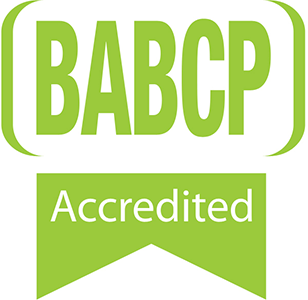What is Neurodiversity?
Neurodiversity describes the different diverse ways we all process information. It highlights that we all have different strengths and weaknesses in how our brains work; each person’s unique make up that we were born with.
While diagnoses such as autism, ADHD, dyscalculia, dyslexia, and dyspraxia exist, it’s helpful to consider each person as a unique piece of a jigsaw puzzle. How we fit in with each other and society to form a bigger picture can be unique.
Our individual differences enrich society, emphasizing that everyone is an individual, not just a label.
Let’s aim for acceptance of our own unique selves. Acceptance, both internal and external, involves overcoming the fear of being seen to be different and the desire to conform to a “norm” that simply doesn’t exist.
I encourage you to please Champion culture, system and environmental change that support neurodiversity.
The British Psychological Society’s Jan/Feb 2024 issue of their monthly magazine, titled “Neurodivergence: Change, complexity, and challenge,” includes an exploration of the concept of how to be neurodiverse affirmative.







